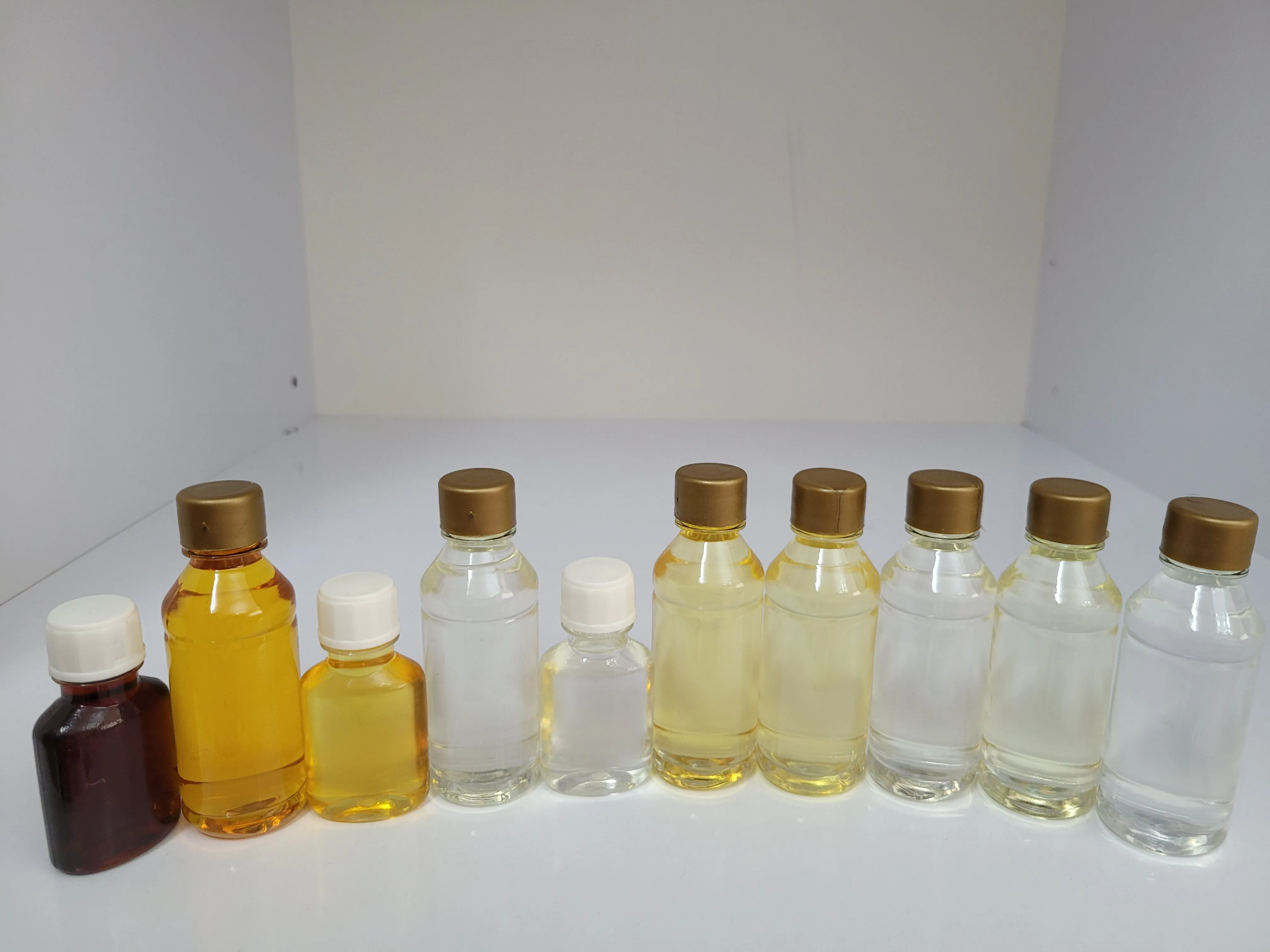Iranian Knowledge-Based Company Produces Biodiesel from Animal, Plant Waste

Ali Bohlooli, the managing director of the biodiesel-producing company, said providing energy through renewable materials in artificial ways and not using fossil fuel is one of the main concerns in the world.
So, for proposing a new source of energy that is both clean and renewable, we reach various types of biofuels, of which biodiesel is one of them, he told ANA.
Converting animal and plant waste into energy can help reduce waste going to landfills or from being released as a gas into the atmosphere, he said, adding it also saves energy and money.
Waste materials – ranging from animal manure for methane to wood chips for direct heat to waste vegetable oil for straight use or conversion to biodiesel – also have a positive energy and carbon balance.
Fuel made from plant waste is made primarily from either waste vegetable oil or the material converted into biodiesel.
Biodiesel does not contain any petroleum products. But it is completely compatible with diesel and can be mixed with it in any ratio to form a stable biofuel mixture, Bohlooli pointed out.
This compatibility made biodiesel to be one of the most promising alternative fuels for cars, he added.
Considering the goal of zero carbon emissions by 2050 set by the Paris climate agreement, the importance of using biodiesel in the world has multiplied, he stressed.
Referring to the advantages of biodiesel, he said, “Compared to petroleum diesel, biodiesel has better lubrication properties, reduces engine wear and tear, and has almost no sulfur in its composition.”
It also reduces the pollution produced by engines, is much less toxic, and causes less damage to the environment when it leaks. Moreover, its production resources are renewable and can be easily obtained, he highlighted.
Animal waste and vegetable oil waste have been used as raw materials, Bohlooli said, adding that for the first time in the world, sludge from stone-cutting factories has been used as a nano-catalyst for biodiesel production.
With the aim of reducing costs and making production justifiable, it has been attempted to use waste raw materials.
During the process of producing biodiesel, a by-product called glycerol is also produced, which is used in the health, pharmaceutical, and soap-making industries, he noted.
Considering the low price of raw materials compared to other countries, the vacant position of Iran as a biodiesel exporter is clearly seen, Bohlooli concluded.
4155/g





















